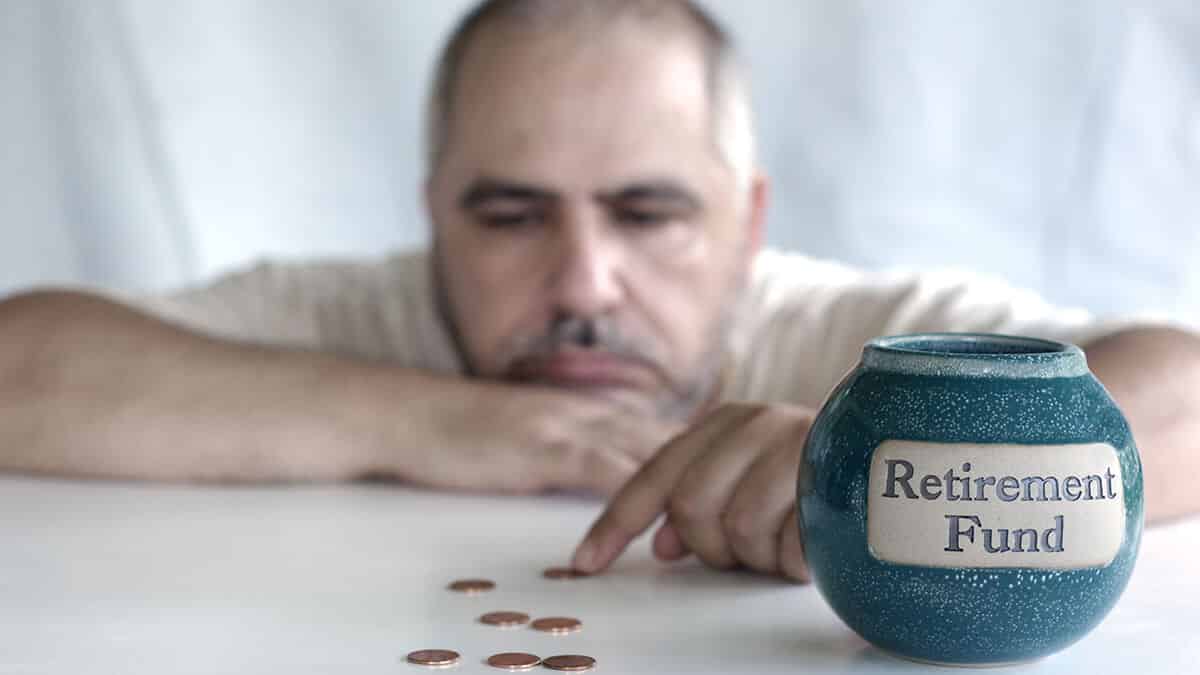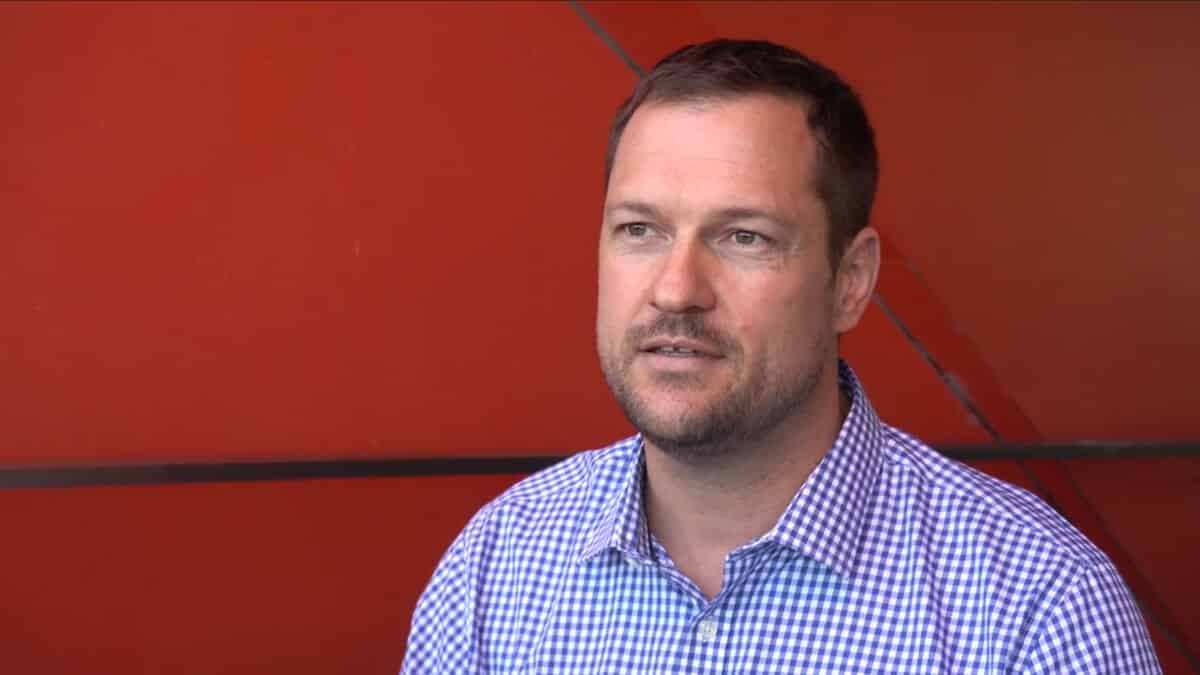In this guide
- Be aware of the work test when timing tax-deductible contributions
- Mind your total super balance before making extra contributions
- Don’t confuse your total super balance with the transfer balance cap
- Making extra contributions after you start a pension
- Making the most of downsizing
- Consider a recontribution strategy
- The bottom line
If you’re retiring this financial year it pays to think about possible issues before you start drawing down on your superannuation.
Why?
Because your age, your total super balance and ability to make additional contributions now or down the track could all play a part in your decision-making.
So, before you flick the switch to retirement phase, here are a few issues and strategies to consider.
Be aware of the work test when timing tax-deductible contributions
If you are approaching 67 and hoping to make some last-minute concessional (tax-deductible) super contributions to boost your super retirement balance, you may need to get a wriggle on.
If you’re under 67 and retiring, you can make voluntary contributions, both concessional and non-concessional, to your super without needing to meet the work test.
Thanks to the partial repeal of the work test from 1 July 2022, you can still make most types of personal contribution, including non-concessional and salary-sacrifice contributions, until you turn 75. You may also be able to use the bring-forward contribution rules to make a larger contribution (see section below).
Unfortunately, the work test was not entirely removed. If you wish to make a personal contribution for which you intend to claim a tax deduction and you are aged between 67 and 75, you still need to meet the work test.
Good to know: If you are turning 75, you have up to 28 days after the end of your birthday month to make a personal contribution to your super fund. Even so, it’s wise not to leave it to the last moment as your super fund may take time to process your contribution.
Under the work test, if you are over 67 (but under 75) you must work 40 hours in any 30 consecutive days in the current financial year before you can make a tax-deductible personal contribution into your super.
If you don’t meet the current requirements of the work test and want to make a tax-deductible contribution, there is an exception that may help.
Under the work test exemption, if your total super balance (see next section) was less than $300,000 on 30 June in the financial year before you retire, you can make tax-deductible contributions up to the annual $30,000 concessional contributions cap, in the first financial year after you retire. This is designed to give retirees more time to arrange their finances.
Learn more about the work test.










